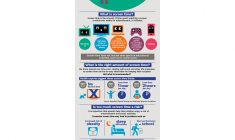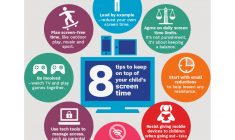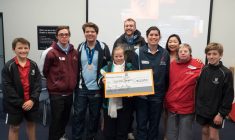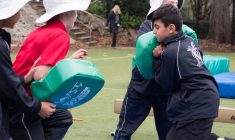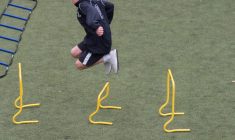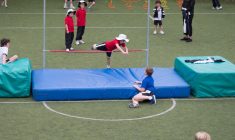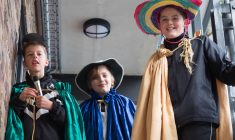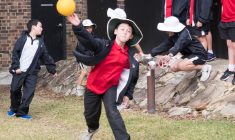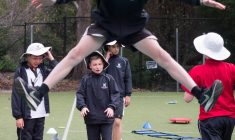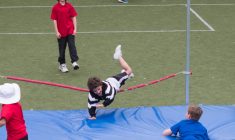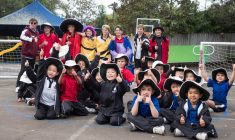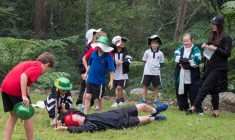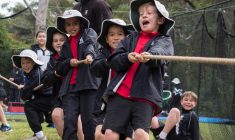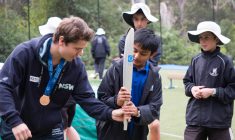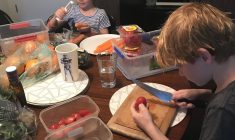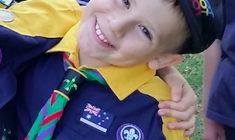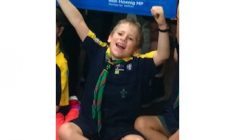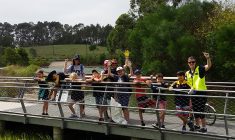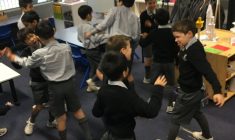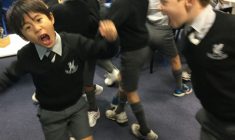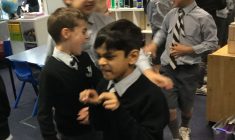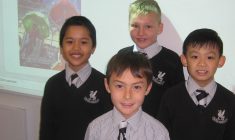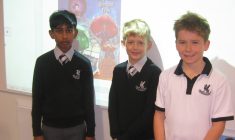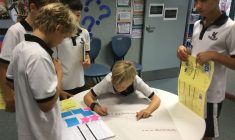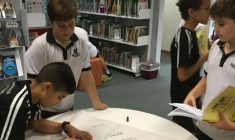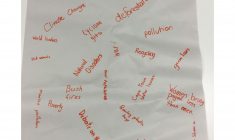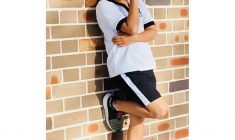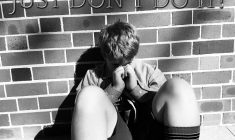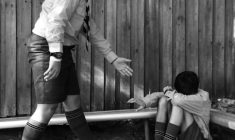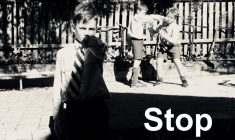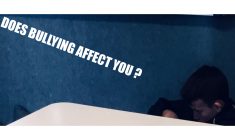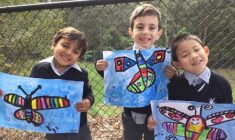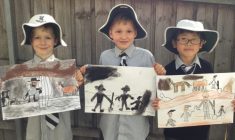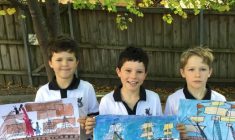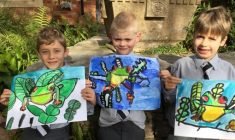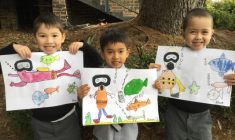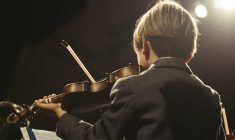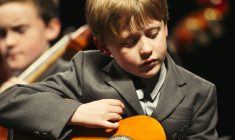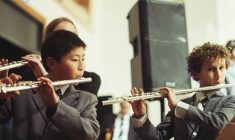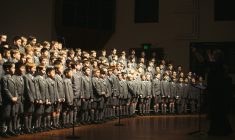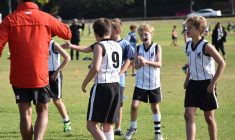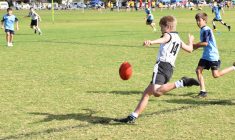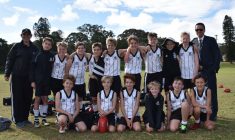A Message from the Head of Lindfield
The Difference Between Privilege and Entitlement is Gratitude.
Last week I spoke with all our Year 6 boys about keeping grounded as they move into their final semester as primary school boys. I spoke about the difference between privilege and entitlement being gratitude. Privilege is when special opportunities are given to particular groups of people. We are fortunate that all the boys at Lindfield are very privileged. They are part of families that value education and make big sacrifices so that their sons are given opportunities that are not available to many other boys. They have teachers and a school that work hard to ensure that they get the most out of their time in primary school.
Fortunately, we are all very privileged, we live in a society that has delivered an amazing quality of life, we have seen the democratisation of wealth over the last 25 years. We live in times of unparalleled prosperity. The last significant economic recession was when I was in Year 12 and that was an awfully long time ago. Most young people have never experienced anything different to what we have today.
As parents we want to give our children everything: we give them opportunity, we give them possessions, experiences, attention and love. Parents at Lindfield sacrifice everything for their children. It is easy for a child who is given everything to slip from privilege to entitlement. If we feel entitled, we no longer feel gratitude for the fortunate position that we are in and we expect to be given opportunities and positive experiences. Feeling entitled can sometimes result in boys not putting in their best effort, and failing to put their best foot forward in their learning and interactions with others.
The school’s view is that our boys should repay the effort and sacrifices of their families by putting in their best effort at home and at school, being the best version of themselves that they can be and squeezing every ounce of opportunity and experience out of their time at Newington. The school is very clear about the responsibilities for each of our boys. The way they interact with their teachers and each other, the way they focus in class, the way carry themselves around the school and in public. These are all examples of gratitude.
Even as adults, it is easy to slip into taking what we have for granted and becoming entitled. I have lived a very privileged life. I have had a supportive family, attended a good school, enjoyed good health and was able to work helping children in different countries with amazing teachers from different cultures. I have everything that I want and don’t desire any material thing. I have been able to give my own children the same opportunities and privileges that I have been fortunate enough to enjoy. It could become easy for me to expect everything to go my way.
I have been conducting interviews with potential Newington families. One of the questions I ask the boys is, “What do you do around the house?” In many cases, the answer is ‘nothing.’ The answer is not too surprising but most boys do not understand why they should be helping and lack the awareness about the inadequacy of this answer. If we absolve our boys of the responsibility to help out, to pull their weight, to show gratitude by contributing in every facet of their life then we are doing them a massive disservice. It is difficult for young people to not feel that they are entitled to everything that comes their way, if no one expects them to do otherwise.
It is gratitude that makes us want to work hard to do our best for ourselves and families. I am very grateful to work at Newington, to be surrounded by talented educators, amazing young men and families dedicated to their son’s education and development. I am constantly grateful to be part of this school and community and this makes it a pleasure to come into school every day. If I wasn’t grateful I would feel that I was entitled to all that has come to me and I wouldn’t value, appreciate or respect it as I do.
Think about which areas of your life you feel privileged and so express gratitude through your actions and interactions? Have you ever felt entitled or deserving and expected others to provide even though your own effort may not have made you worthy? In our society, even as adults, we are all struggling with the fine line between privilege and entitlement.
Ben Barrington-Higgs




